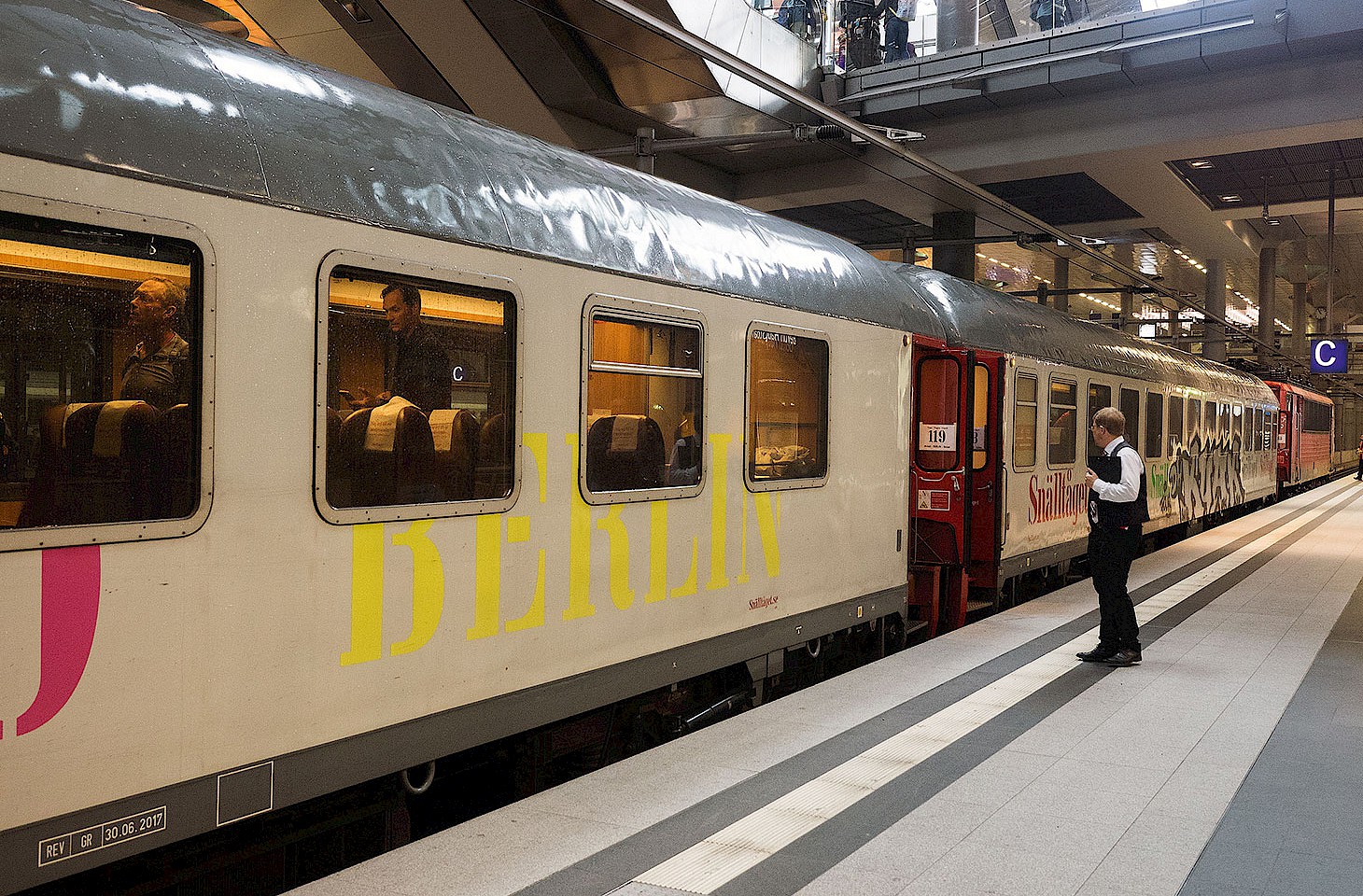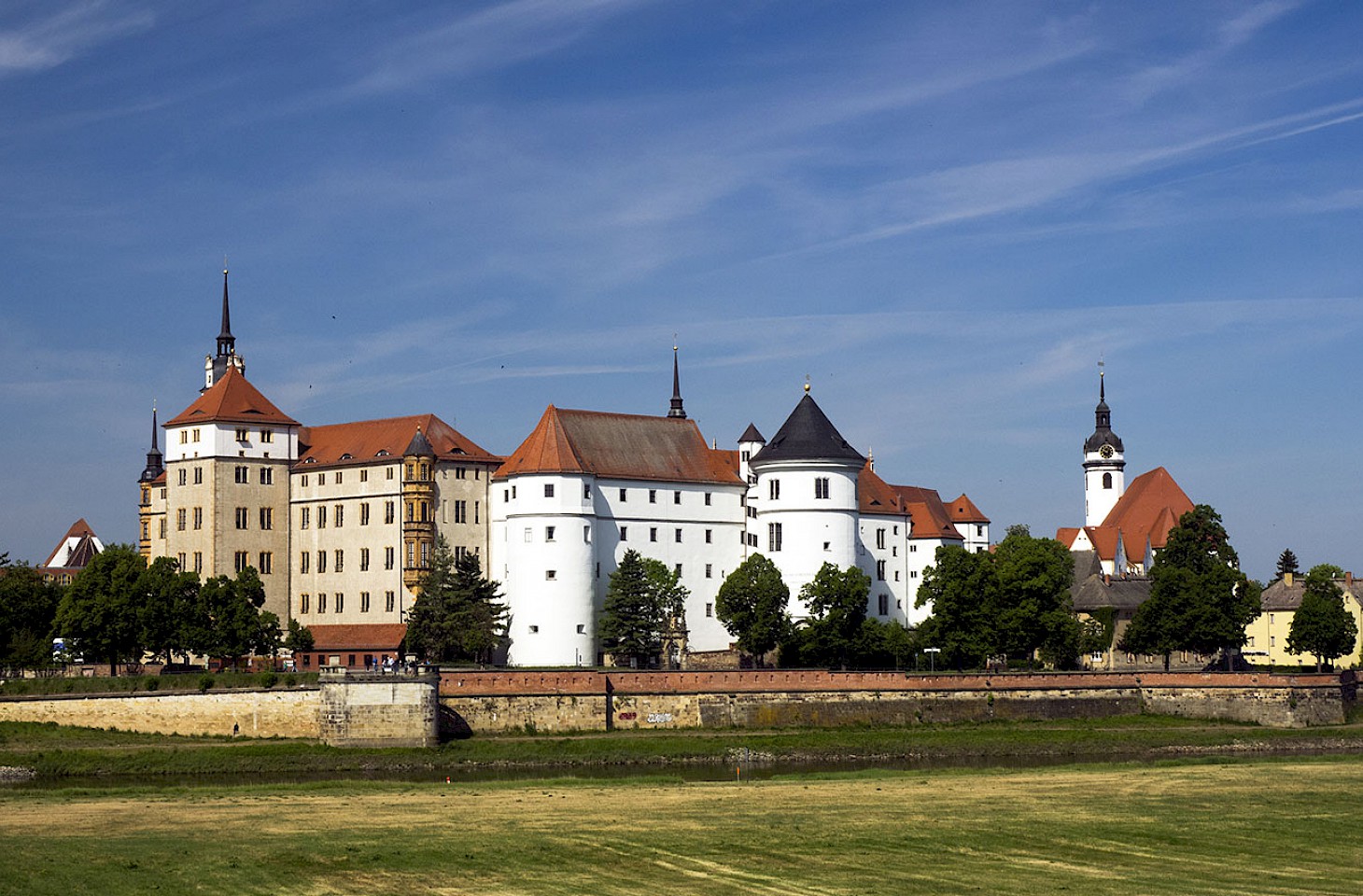Changing trains in Freiburg, a town in south-west Germany, while en route from Burgundy back to Berlin late last year, I enjoyed a chance encounter with a Fridays for Future demonstration. Several hundred school children marched with chants and songs along the main road outside the railway station, many of them bearing banners with the words “Schulstreik für das Klima” (School Strike for Climate) and “Our Home is Burning.”
As social protests go, it was good-humoured, tuneful and immensely thought-provoking. Seeing the city police using Segways to keep a watchful eye on the demo’s progress added to the atmosphere. Bright-eyed demonstrators split off from the main demonstration to interrogate passers-by who looked as though they might be tourists. Two approached me.
“You’re a visitor, yes?” asked a young woman.
“Yes,” I replied.
“Did you fly to Germany?” she queried.
I assured her that I’d travelled from Beaune by train, and was merely enjoying an hour or two in Freiburg before continuing by train to Berlin. The entire encounter was done and dusted in seconds. But it left a deep impression. What if I had flown, and admitted to it? And it made me reflect on the ethics of flying, given that it is now unequivocally clear that jet aircraft flying at altitude are a major contributor to global warming.
The legitimacy of flying as a growing social norm was hardly questioned in the last century. Air travel has generally been conceived as an opportunity; it is intimately associated with adventure. Frequent- flyer programmes are tiered to reward those who fly more, and there are media reports of flyers who make ‘mileage runs’ merely to preserve their gold-tier status in their favourite frequent-flyer plan.
But in the new piety, the flyer’s dilemma is painfully acute. How can I justify stepping onto a plane? And does the motivation for a journey in any way mediate the fly/no fly decision? The conundrum is a particularly acute one for those of us who make our living as travel writers.




